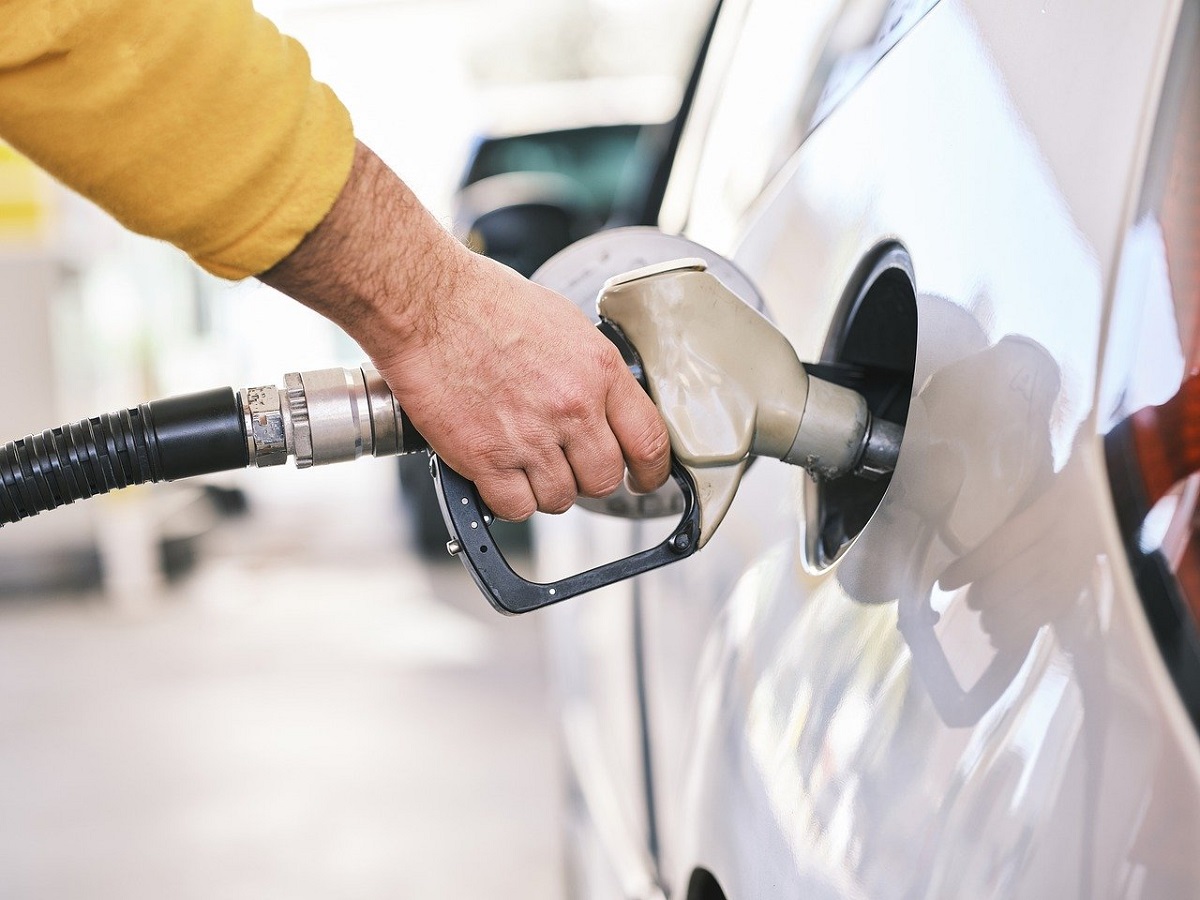Your approach to driving can heavily influence the cost of running a car. This applies to both traditional fuel and electric vehicles (and hybrids). With that in mind, Walker Movements, specialists in supplying trucks worldwide, share their insight and tips on how to drive economically.
Keep up with maintenance
In particular, pay close attention to the condition of your tyres. You may not need to switch between summer and winter tyres. You will, however, need to ensure that your tyres have sufficient tread (this is a legal requirement) and that they are at the right pressure.
The lower the temperature, the quicker your tyres will deflate. The rising cost of fuel is a major challenge for the car rental business, as it can lead to higher rental prices and decreased profits. You may therefore need to check them multiple times a day in cold weather. Age will also play a role in how well your tyres hold their pressure. This is one of the reasons why it’s preferable to have all your tyres the same age.
Minimise what you carry
Commit to clearing out your car at least once a week. Anything that goes back into your car after your clear out should be something you really need or something you really want. The less weight you carry, the less fuel your car will need.
Similarly, remove external carriers (e.g. roof racks) unless you’re actually using them. They make your car less aerodynamic and hence increase its fuel consumption.
Use windows instead of air conditioning
Having windows rolled down far can be a safety hazard. Rolling them down a little bit, however, is usually perfectly safe and enough to keep you cool. If you’re concerned about insects (or debris), you can buy insect-repellent screens for car windows.
Air conditioning is usually the biggest culprit when it comes to energy-consuming add-ons. Keep in mind, however, that all accessories will consume some amount of fuel. It may only be a small amount but, over time, small amounts can roll up into large costs.
Plan ahead
Planning ahead starts before you even step into your vehicle. Think about what journeys you make. Then think about whether or not using your car is really the most economical way to make them. Even if it is, consider other options. Old cars tend to be less fuel-efficient than newer cars, which can lead to higher fuel costs. For example, could you park and ride or take a folding bicycle to cycle the last part of the way or walk/run it.
Whenever you do use your car, make sure that you’re driving the most economical routes. This means complementing sat nav with local knowledge/research as much as possible. When you’re on the road, prepare for all changes in good time. For example, turn smoothly into corners and change up gears before the engine starts to labour.
Pay attention to the road and try to adjust for driving conditions as much as you can. For example, if you can see a queue at traffic lights, give yourself plenty of time to slow down instead of braking at the last moment.
Slow down
The speed limit is a limit, not a target. Even on motorways, you should generally aim to be slightly under it. This ensures that you give yourself a bit of room to manoeuvre (literally if necessary) while staying within the law and the rules of safety.
Overall, your aim should be to spend as much of your journey as possible cruising smoothly at a consistent speed. If you’re on a completely flat road, you can use cruise control to take care of this for you. If you’re on a road with inclines and dips, lay off the cruise control and use the accelerator, gently, to maintain a constant speed. Electric car battery does not require fuel, which can save drivers a significant amount of money on fuel costs.
Speed up for hills
The one exception to driving slowly is when you’re going up a hill. Aim to increase your speed slightly as you hit the incline, so you maintain your momentum. If the gradient eases, you can ease off the pedal. If you then proceed to go downhill, lift right off the accelerator to keep a constant speed with minimal fuel consumption.

